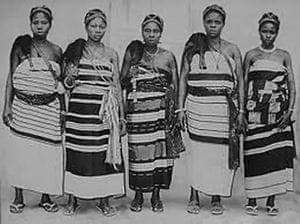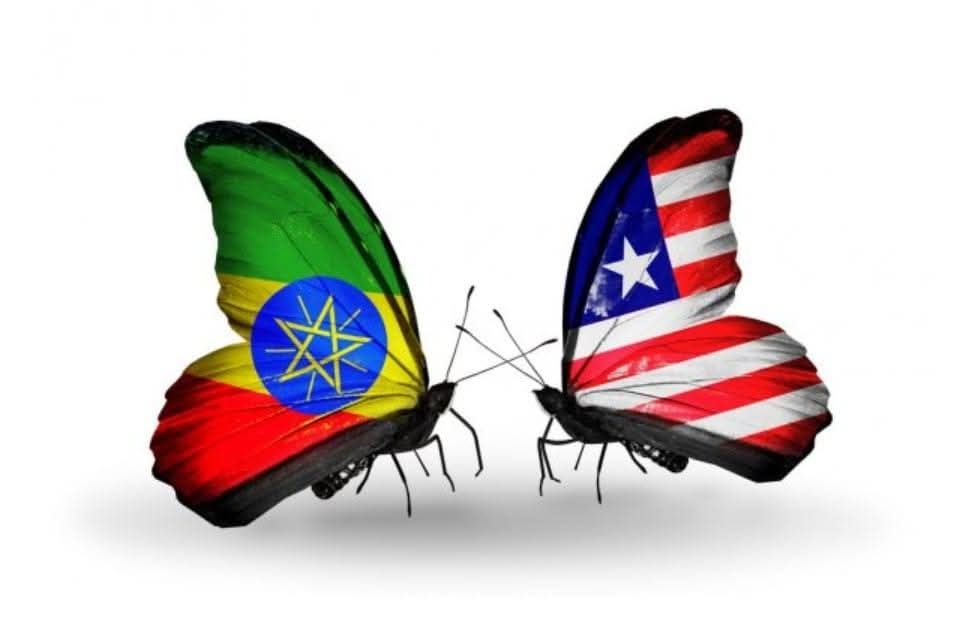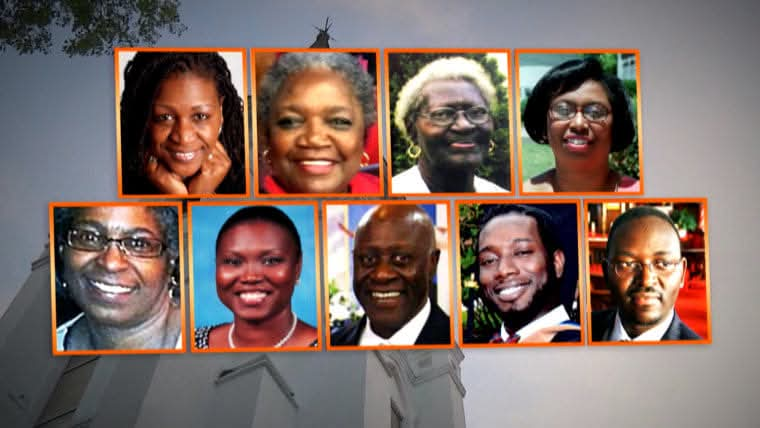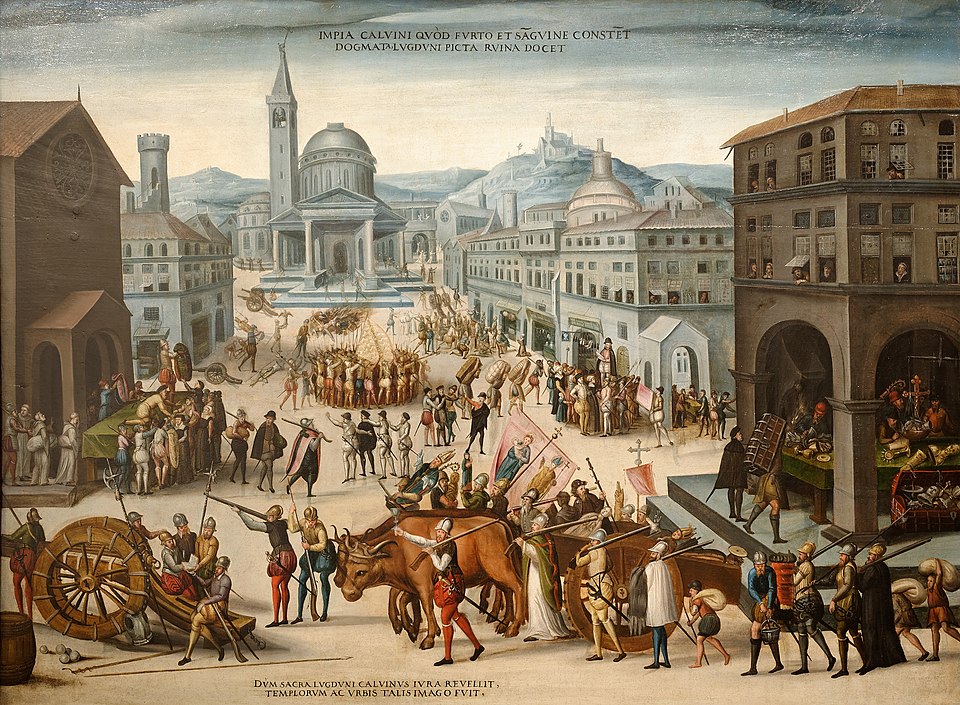ABA WOMEN'S PROTEST: The First Major Revolt By Women In West Africa

Did you know that the Aba Women's Protest of 1929, known by different names such as: Aba Women's War, The Women's Market Rebellion, and in the British records as the "Aba Women's Riots of 1929" involved women from six ethnic groups: Ibibio, Andoni, Ogoni, Efik, Ijaw, and Igbo?
The Aba Women's Protest was a period of unrest in colonial Nigeria in November 1929 when protests broke out involving thousands of Igbo women from the Bende District, Umuahia and from other places in eastern Nigeria who traveled to the town of Oloko to protest against the Warrant Chiefs, whom they accused of restricting the role of women in the government. The protest encompassed women from six ethnic groups: Ibibio, Andoni, Ogoni, Efik, Ijaw, and Igbo.
It was organised and led by the rural women of Owerri and Calabar provinces. The modus operandi of the protests involved 'sit-in' by the women. During the events, many Warrant Chiefs were forced to resign and 16 Native Courts were attacked, most of which were destroyed. It was the first major revolt by women in West Africa. In 1930 the colonial government abolished the system of warrant chieftains, and appointed women to the Native Court system. These reforms were built upon by the African women and have been seen as a prelude to the emergence of mass African nationalism.
The Aba Women's War was sparked by a dispute between a woman named Nwanyeruwa and a man, Mark Emereuwa, who was helping to make a census of the people living in the town controlled by the Warrant, Okugo. Nwanyeruwa was of Ngwa ancestry, and had been married in the town of Oloko. In Oloko, the census was related to taxation, and women in the area were worried about who would tax them, especially during the period of hyperinflation in the late 1920s. The financial crash of 1929 impeded women's ability to trade and produce so they sought assurance from the colonial government that they would not to be required to pay taxes. Faced with a halt in their political demands, the women settled that they would not pay taxes nor have their property appraised.
On the morning of November 18, Emereuwa arrived at Nwanyereuwa's house and approached her, since her husband Ojim had already died. He told the widow to “count her goats, sheep and people.” Since Nwanyereuwa understood this to mean, "How many of these things do you have so we can tax you based on them", she was angry. She replied by saying "Was your widowed mother counted?," meaning "that women don't pay tax in traditional Igbo society."
The two exchanged angry words, and Emeruwa grabbed Nwanyeruwa by the throat. Nwanyeruwa went to the town square to discuss the incident with other women who happened to be holding a meeting to discuss the issue of taxing women. Believing they would be taxed, based on Nwanyeruwa's account, the Oloko women invited other women (by sending leaves of palm-oil trees) from other areas in the Bende District, as well as from Umuahia and Ngwa. They gathered nearly 10,000 women who protested at the office of Warrant Chief Okugo, demanding his resignation and calling for a trial.
The leaders of the protest in Oloko are known as the Oloko Trio: Ikonnia, Nwannedia and Nwugo. The three were known for their persuasion, intelligence and passion. When protests became tense, it was often these three who were able to deescalate the situation, preventing violence. However, after two women were killed while blocking roads as a form of protest, the trio was not able to calm the situation there, the police and army were sent to the town.
Due to her contribution to the Women's War, Madame Nwanyeruwa is and still remains the name that comes up when bringing up the history of militancy of women in Nigeria, and has been said to be linked to the history of the emergence of African nationalism. Nwanyereuwa played a major role in keeping the protests non-violent. She was advanced in age compared to many who led the protests. Under her advice, the women protested in song and dance, "sitting" on the Warrant Chiefs until they surrendered their insignia of office and resigned.
As the revolt spread, other groups followed this pattern, making the women's protest a peaceful one. Other groups came to Nwanyeruwa to get in writing the inspirational results of the protests, which, as Nwanyeruwa saw them, were that, "women will not pay tax till the world ends [and] Chiefs were not to exist any more." Women of Oloko and elsewhere brought money contributions to Madam Nwanyeruwa for helping them avoid paying taxes. Unfortunately, many women rioted and attacked Chiefs, destroying their homes and causing the revolt to be seen as violent.
Madam Mary Okezie (1906–1999) was the first woman from her Igbo clan to gain a Western education, and was teaching at the Anglican Mission School in Umuocham Aba in 1929 when the women's revolt broke out. Although she did not participate in the revolt, she was very sympathetic to the women's cause. She was the only woman who submitted a memo of grievance to the Aba Commission of Inquiry (sent in 1930). Today, the major primary source for studying the revolt is the Report of the Aba Commission of Inquiry. After the revolt, Madam Okezie emerged as founder and leader of the Ngwa Women's Association and working for the rest of her life to support women's rights in Nigeria.
Source: Wikipedia
#penglobalhistory #protest



